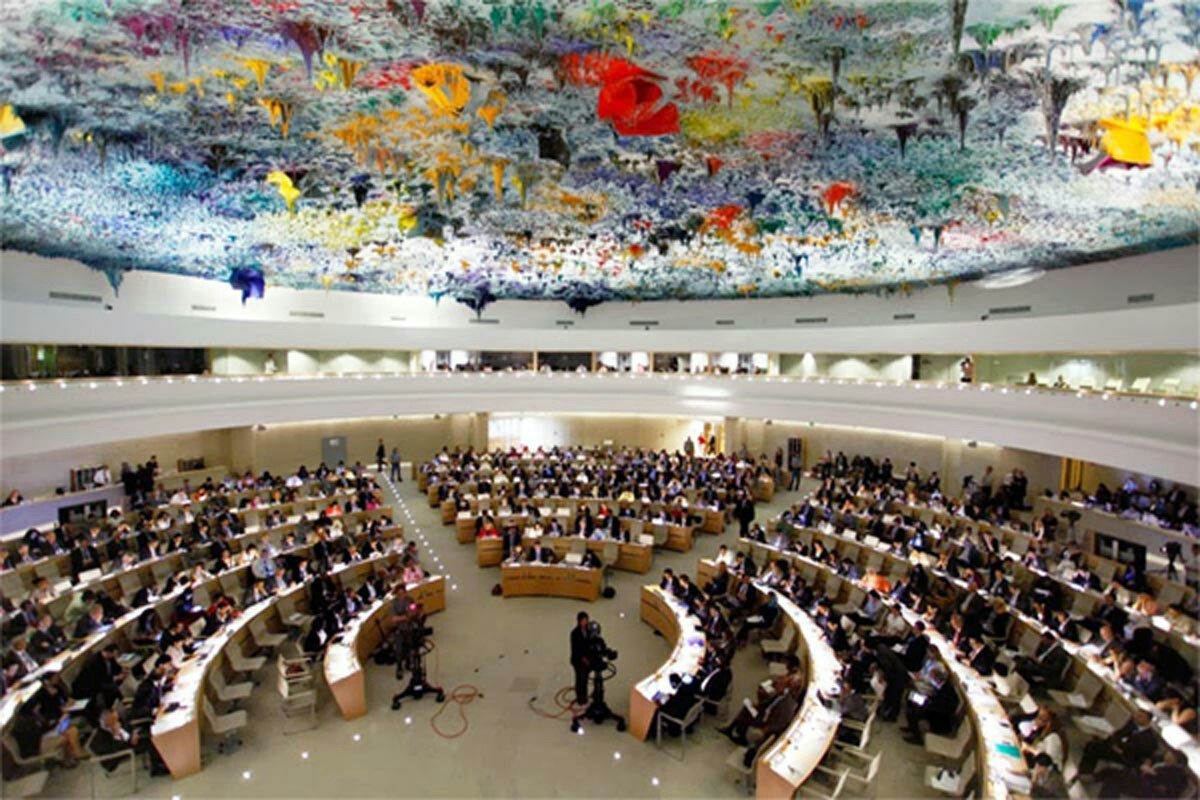Former members seek UN protection for human rights watchdog

09 Oct 2016, 09:00
Two former commissioners of the Human Rights Commission of the Maldives have filed a case at the UN to investigate reprisals against human rights defenders in the Maldives.
The petitioners Ahmed Tholal and Jeehan Mahmood were towards the end of their term the HRCM when they were prosecuted by the Supreme Court on charges of treason for submitting data to the UN about the lack of independence of the judiciary, its politicization and a host of other human rights infractions.
In the report, submitted as a part of Maldives Universal Periodic Review in 2014, the HRCM had said the Supreme Court controlled and influenced the lower courts to the detriment of the Maldivian judiciary.
The petition, filed by the International Service for Human Rights, is the first of its kind for the UN Human Rights Committee. It seeks a ruling stating that there is a legal right to submit information, evidence and reports to the UN and that restrictions on it – or reprisals for exercising this right – amounts to serious breaches of international law.
Become a member
Get full access to our archive and personalise your experience.
Already a member?
Discussion
No comments yet. Be the first to share your thoughts!
No comments yet. Be the first to join the conversation!
Join the Conversation
Sign in to share your thoughts under an alias and take part in the discussion. Independent journalism thrives on open, respectful debate — your voice matters.




